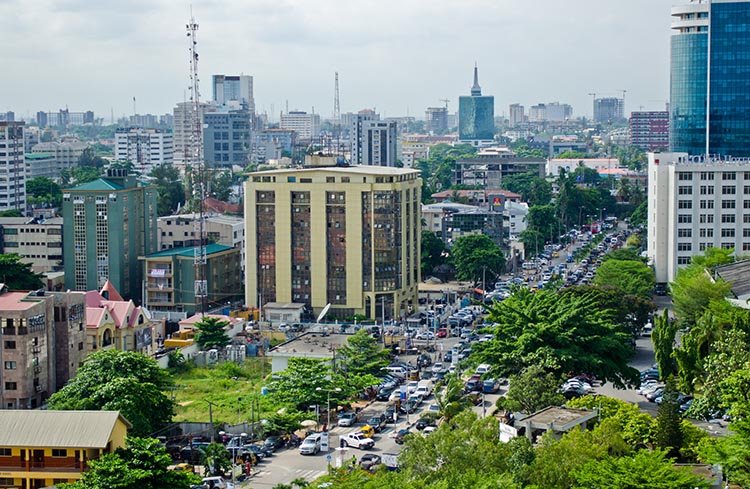Travel to Nigeria is a very interesting one/place to experience. People come from different parts of the world, especially during the Christmas holidays to visit family and have a fun time.
Is it, however, safe to visit Nigeria currently? The U.S. and U.K. governments have advised their citizens to not travel to Nigeria.
This decision was not made out of thin air. Following the increase in terrorist attacks, kidnappings, violent crime, and COVID-19 risks, it is not far-fetched the reason for this advisory.
However, with news details on the current happenings in Nigeria, you can conclude whether it is safe to travel to Nigeria.
Travel To Nigeria
Traveling to Nigeria, there have been numerous news reports on the activities of terrorists in Borno, Yobe, and Adamawa states. These terrorists target religious, educational, and governmental buildings.
Although the Nigerian Army has increased efforts in tackling their operations, the terrorists are far from being erased from the country.
There have also been multiple reports of individuals being kidnapped in Bauchi, Kaduna, Kano, Gombe, and Katsina states. Although the movement has not seized within these states, lives can be lost at any time.
Violent crime is common throughout the country. Travel to Nigeria by road ranges from armed robbery and car theft.
There are also maritime crimes in coastal areas of Akwa Ibom, Bayelsa, Cross River, Delta, and Rivers state except for its capital, Port Harcourt.
Also, reporting these cases to the Nigerian Police is a very slow process. Bribes could be asked to speed up the process, which does not guarantee justice or immediate recovery of stolen items.
One has to be always aware of their surroundings to avoid the slow process of justice. Unfortunately, being alert every single time can hinder a full Nigerian experience.
In late October 2020, the end police brutality protests sprung up throughout the country. Unfortunately, hoodlums caused unrest in a few parts of the country.
These civil unrests caused a lot of damage to lives and properties. Also, phone networks were disrupted. For these reasons, the US and UK have strongly advised against joining large groups of demonstrations.
Although the protests and civil unrest have died down, it is not certain whether they will occur in the future.
Travel to Nigeria Quality healthcare varies around the country. It is mostly available in urban areas of the country, but it requires an upfront cash payment.
Response to emergencies can be very slow. Also, medicine for critical conditions may not be widely available and expensive.
Covid-19 risks are still high throughout the country. Although restrictions are in place, individuals hardly wear a mask while outside.
Additionally, with this spike, a lockdown can be enforced by the Federal Government of Nigeria. This is one of the reasons the US and UK governments have advised no unnecessary travel to Nigeria.
Travel to Nigeria, another reason to consider before deciding to travel to Nigeria is the means of transportation. The safest form of transportation is via air, though there are limited routes.
Trains are another form of transportation with limited routes. Nevertheless, there are cases where trains break down in transit.
Road transport is the most common form of transportation because of the cheap rate and unlimited routes. The interstate roads are, however, in terrible conditions.
Especially while using public transportation, one can be a target for pickpocketing or even robbery. Cars or buses used may not be in working conditions.
There are also corrupt police officers on the road who seek bribes. Kidnappers and armed robbers can use a secluded part of the road to flag down cars while in transit to perpetuate their crimes.
LGBTQ+ travelers should reconsider traveling to Nigeria. Same-sex relations and marriages are illegal in Nigeria. Also, displaying public affection between same-sex persons is punishable by up to ten years of imprisonment.
In parts of the country where Sharia Law is adopted, it is punishable by death. It is best for one who is LGBTQ+ to visit their country’s website for more advice and assistance regarding traveling to Nigeria.
From the reasons above, it is clear why traveling to Nigeria is unwise and unsafe. It is best to hold off traveling to Nigeria for a while.
Once, the covid-19 vaccinations have been administered and the insecurity threats are reduced to the lowest possible level, traveling to Nigeria might be deemed safe and interesting.
